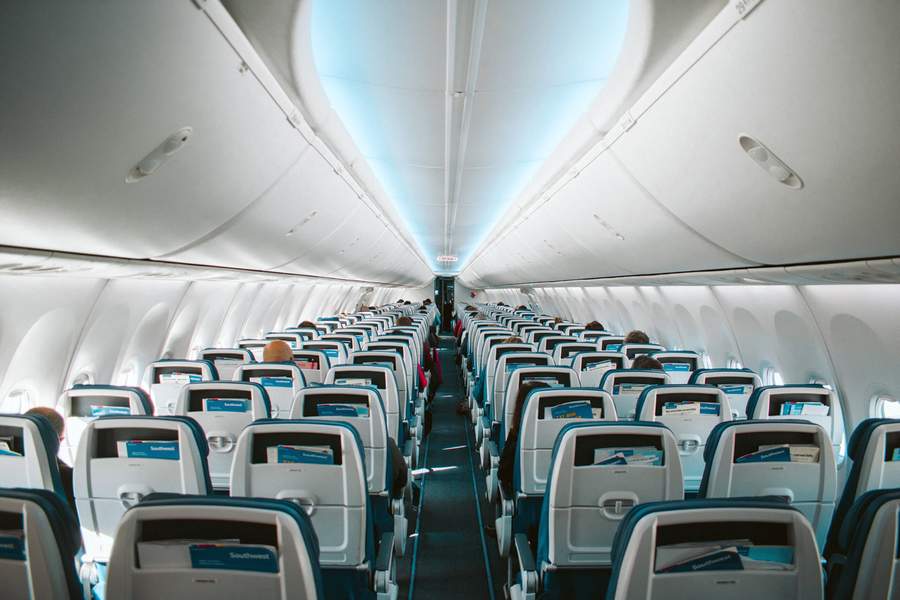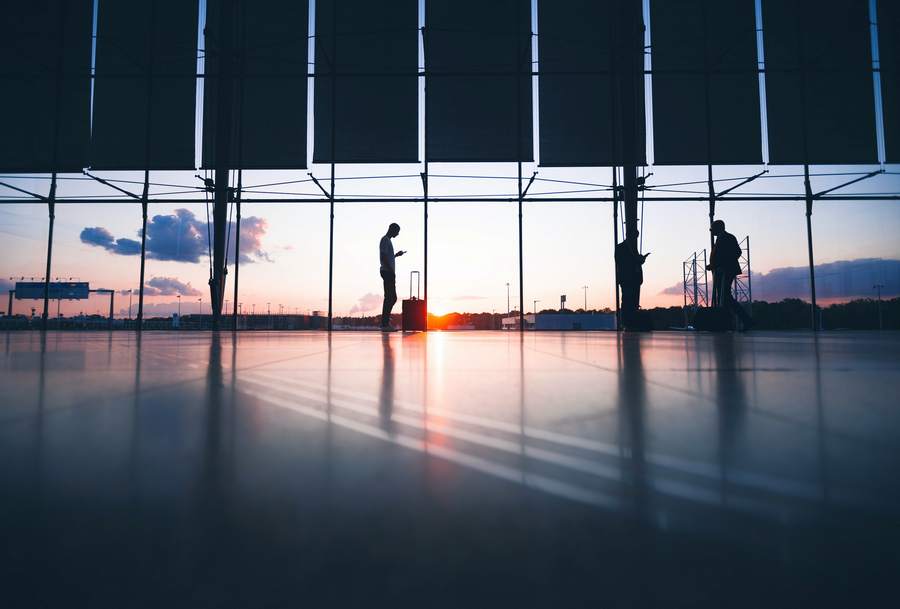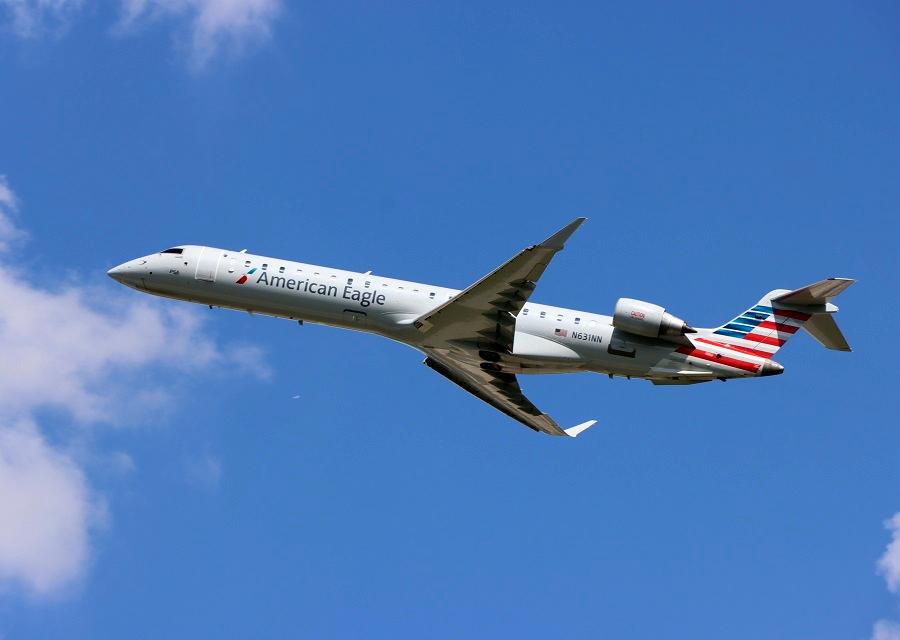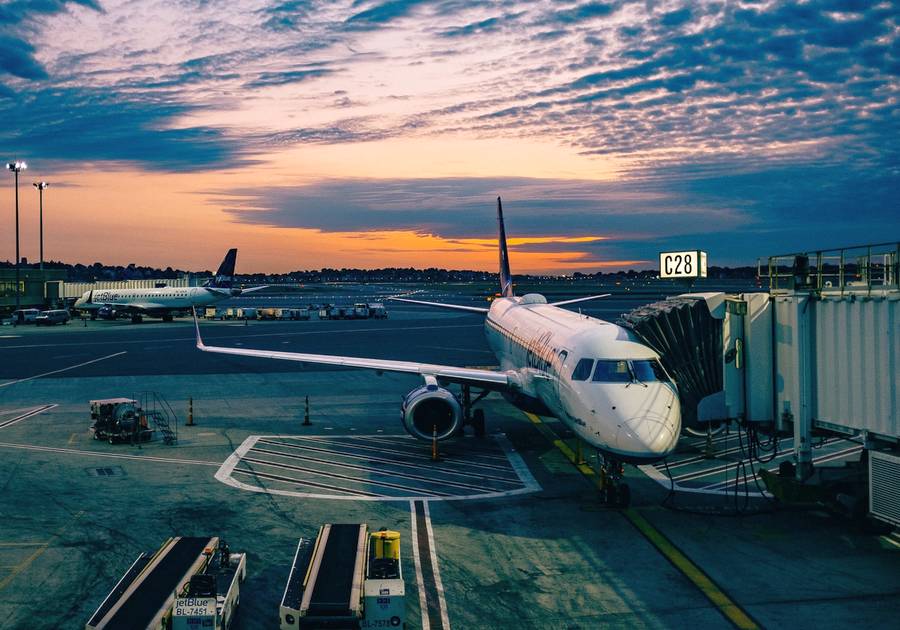Continuing our fear of flying series, the purpose of this article is to help you understand aviophobia and where it is coming from.
About the Author
Suzanne Duke is a doctoral-level developmental psychologist who began her career working with young children and then with university students, particularly helping first-year students adjust to college life and living away from home. She is also a social worker and particularly enjoys treating anxiety disorders, such as fear of flying!
Over the past two weeks, we have examined web applications to help with fear of flying as well as possible strategies you as a nervous flyer can employ when experiencing surges of anxiety about flying while at the gate, waiting for your flight. However, while I love to give practical advice that might be immediately helpful in reducing panic over flying, I also want to help fearful flyers understand some of the more complex but important psychological questions that will give fearful flyers a broader understanding of their flight anxiety. In the coming weeks, we will start to tackle some of these fundamental questions, namely: 1.) What, exactly, defines a fear of flying? 2.) How and why might people develop a fear of flying? And finally, 3.) What are the different treatment options that might be of the greatest use to those suffering most seriously from a fear of flying?

In this article, we are going to start at the beginning: what defines a fear of flying, or in psychological terms, the experience of aviophobia? (Author’s note: the term aerophobia can be used interchangeably with aviophobia; in my writing, I will use aviophobia, but technically, both terms are clinically correct.) To adequately answer this question, we have to step back a bit and become familiar with a few key terms. First, at the broadest level, the fear of flying is a type of specific phobia, in which “individuals are fearful or anxious about or avoidant of circumscribed objects and situations” (1). In addition, the “fear, anxiety, or avoidance is almost immediately induced by the phobic situation, to a degree that is persistent and out of proportion to the actual risk posed” (1).
A person can develop a phobia of almost anything, such as snakes, needles, and heights, as long as the person experiences fear truly out of proportion to the actual stimulus as well as avoidance of that stimulus. Thus, aviophobia is a specific phobia of flying wherein the affected persons experience disproportionate fear of flying when compared to its actual danger, and they then develop profound avoidance of flying in response to the fear. Further, if the affected persons actually do overcome their avoidant behavior and take a flight, they are likely to experience significant psychological and physiological arousal such that they cannot calm racing thoughts and images of disaster and often have increased heart rate, blood pressure, and body temperature (1).

Put in the simplest of terms, aviophobia often looks something like this: you are terrified of flying, and every time you think about taking a flight, or you even go so far as to buy a plane ticket, you immediately become overwhelmed with fears that the plane will fall out of the sky with you maintaining consciousness until the moment of impact with the ground. Or, perhaps you may fear that even if the plane does not crash, your fear will overwhelm you such that you lose control of yourself on the plane and humiliate yourself as you cry in fear, or you will become so claustrophobic when the cabin door closes that you get out of your seat right before takeoff and loudly demand to be allowed off the plane.
Aviophobia, then, can manifest itself in a myriad of ways – from fear of the experience of crashing to the fear of being trapped on the plane to the fear that you might have a very public panic attack. Some people even worry they might die of fright, believing that their fear could become so overwhelming that they could have a heart attack. Within the context of aviophobia, all of these are valid, understandable, and much more common than you might think. But what is most critical to realize is that despite how differently aviophobia might manifest in different people, it shares a fundamental commonality: at its core, aviophobia is the fear of being profoundly afraid. People who fear flying very rarely actually fear flying itself or even dying – they fear the experience of very significant fear (2, 3).

At this point, you might wonder: who cares if my fear is about flying or about being afraid? I’m still too scared to get on the darn plane. But actually, the distinction matters a whole lot, and in the coming weeks, we are going to talk about how and why. Ultimately, overcoming your fear of flying is going to be rooted in becoming comfortable with managing strong emotions like fear and anxiety. This may seem overwhelming, but there really are ways to do so, and we will carefully explore some of the most empirically validated of them. Finally, we will discuss how YOU can implement such strategies in your own fight against aviophobia.
Before we delve into such questions, though, I invite you to consider two important questions that will prepare you for next week’s article. These questions are crucial to understanding how to best understand what you fear about flying (or as we have learned, what you fear about fear), and how you can use these articles to empower yourself to go from feeling controlled by your fear to feeling like YOU are in control of you own fear. That said, I leave you with two areas for reflection:
- At approximately what age did your fear of flying begin? (Just do your best – it is okay to say “childhood”, “early adulthood”, etc. – the goal here is simply to paint a general picture of the timing.)
- What do you remember about that time in your life? (For example, what were your life circumstances at the time? Were you working? In a romantic relationship? Where were you living? Try to remember your life in as much detail as possible.)

As always, I applaud you for starting down the path toward managing your fear of flying, and please remember that you are not alone in this fear. You are not alone in the Mentour Pilot community, and you are certainly not alone in the general population. Up to 30-40% of the population expresses some anxiety around flying, and up to 6.5% of the population meets the diagnostic criteria for clinical aviophobia (4). As always, if you have thoughts or questions, I encourage you to leave a comment below, and I will do my best to respond as helpfully as possible.
References
- American Psychiatric Association. (2022). Anxiety Disorders. In Diagnostic and statistical manual of mental disorders (5th ed., text rev.).
- Bunn, T. (2013). SOAR. Lyons Press.
- Carbonell, D. (2017). Fear of flying workbook: How to overcome your anticipatory anxiety and develop skills for flying with confidence. Ulysses Press: Berkeley, CA.
- Ducharme, J. (2018). Why some people have a crippling fear of flying – and how they can overcome it. Time Magazine.
Previous Articles in this series: here and here



